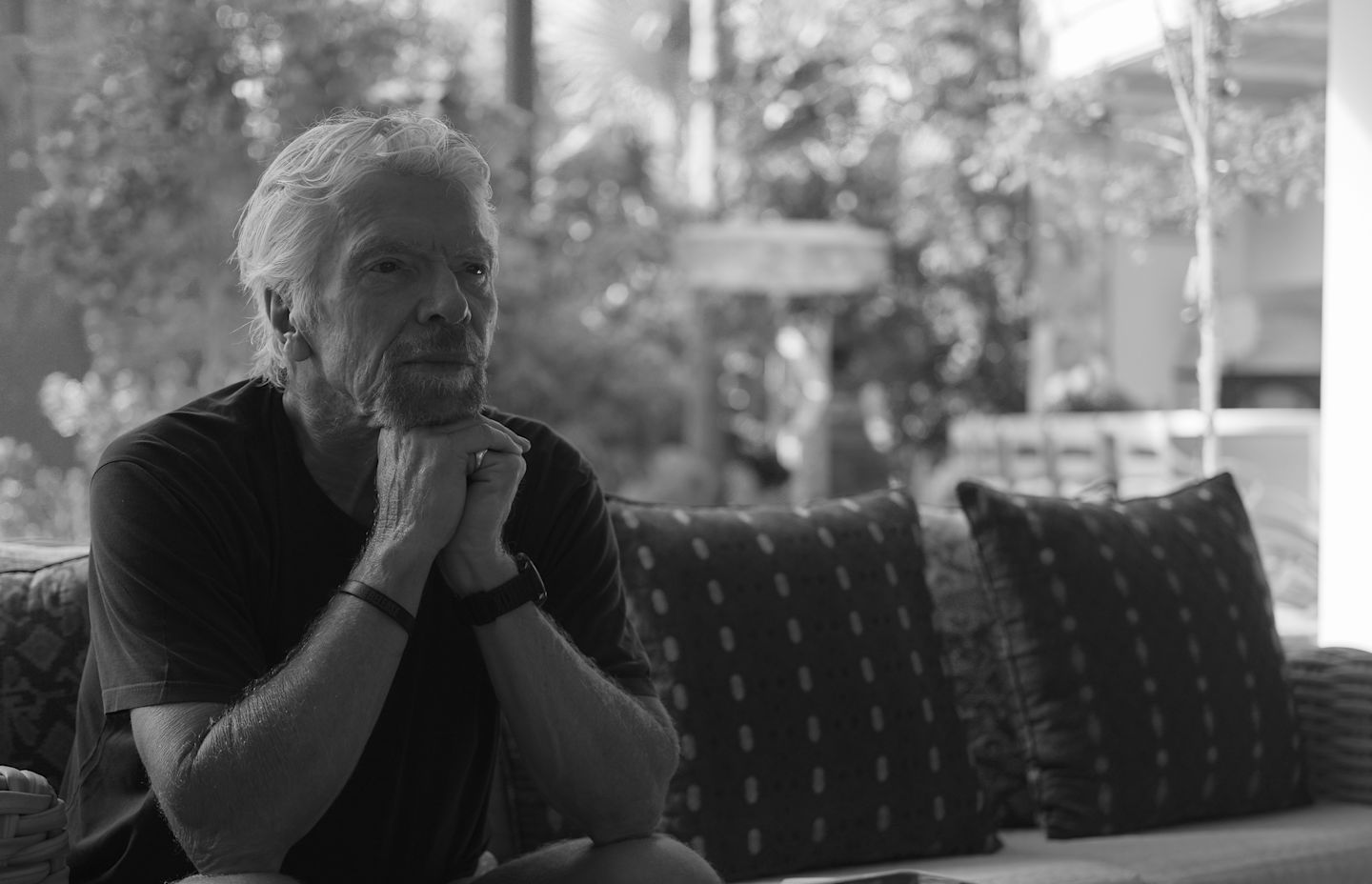A Land for All is possible
I have never shied away from speaking up for human rights, democracy, peace and justice and have been a campaigner on these issues all my adult life.
But as so many of my peers, I have for months struggled to come to terms with what has been happening in Israel and Gaza, and to find my voice. The discourse over the Israeli-Palestinian conflict has become so toxic, so uncompromising, that it seems there is no longer any room for nuance or balance, let alone for any kind of vision that charts a course forward and imagines what peace could look like.
The brutal Hamas attack of October 7th was a monstrous atrocity that killed more Jews than any event since the end of the Holocaust. The perpetrators are not freedom fighters, but inhumane and violent extremists who have held Gaza and most of its people in a suffocating chokehold. The sooner that chokehold ends, the better for everyone.
But one could also be forgiven for thinking that Israel’s ongoing military response to the October 7th attack has been lacking any discernible objective. It has resulted in disproportionate and reckless killing of innocent civilians in Gaza and suggests that continuous warfare seems more opportune to some Israeli leaders than any viable peace plan. Surely they know what many others have said before me: there will never be a military solution to this conflict.
One reason is that extremism (of any persuasion) is a renewable resource. As long as people die, the scars will deepen, the pain will grow, and new generations will seek to avenge their mothers and fathers, brothers and sisters, kicking off yet another cycle of violence.
How much worse can it get? At present, agitators on either side are spiralling backwards, piling up historical grievances in search of original sins that will trump one another. All that does is fuel the futile combat we see every day on social media. It has to end. The status quo is unsustainable.
This is indeed a seminal moment for both Israeli Jews and Palestinian Arabs. They need and deserve more than short-lived attempts to manage, rather than solve, the conflict.
And yet, there is always hope where people dare to hope. And many do.
Not too long ago, a dear friend introduced me to the remarkable group of people – Jews, Christians, and Muslims; Israelis and Palestinians – behind an even more remarkable initiative: A Land for All.
A Land for All is a bold and audacious vision that would enable both Israeli Jews and Palestinian Arabs not simply to co-exist, but to flourish and prosper on a common understanding of the ground beneath their feet – their shared sense of a homeland, whether you call it Israel, or whether you call it Palestine.
In practical terms, A Land for All entails a two-state solution rooted in the belief that there should rightfully be a Palestinian state and that there should rightfully continue be a Jewish state. In and of itself, this would merely emulate many of the proposals made over the last 50 years: a permanent physical segregation of peoples, doing little to ease tension or nourish a sense of shared interest, shared responsibility, and shared destiny. This is where A Land for All offers a brave new premise: only partnership, as well as personal and collective equality, will bring a safer and better life for all.
At the heart of this lies a commitment to freedom of movement and, ultimately, residence for Palestinians and Israelis: Israeli-Jewish settlers would be able to remain inside a Palestinian state and become permanent residents of that state, while remaining Israeli citizens. Palestinian refugees could return, become citizens of Palestine, but would also be able to become permanent residents of the State of Israel. At the same time, the citizens of both states would enjoy equal rights, with shared institutions to address issues of mutual concern, from resource management to climate change. Jerusalem would become the capital of both states, open to all, and jointly administered.
A Land for All is the result of more than a decade of conversations and consultations. The brilliant and enthusiastic minds behind it understand that it will take much persuasion and even more hard work to bring it to life. And of course, as a first step, it would require the cessation of hostilities and the return of all hostages. But to me, A Land for All is the most profound articulation to date of what Israel and Palestine could become if both sides focussed on what unites them, rather than what divides them.
When we first spoke about A Land for All, I was reminded of the words of the English writer Samuel Johnson: “Nothing will ever be attempted if all possible objections must first be overcome.” Decades ago, the architects of European integration must have felt the same way. After two world wars and so much division, resentment, and distrust between European powers, they reached for the stars. And it worked. Their vision produced the longest period of prosperity and peace Europe has ever seen. What if Israelis and Palestinians, buoyed by the essential support of their allies, were to reach for the stars, too?
Just imagine.
The time for courage and change is now.




